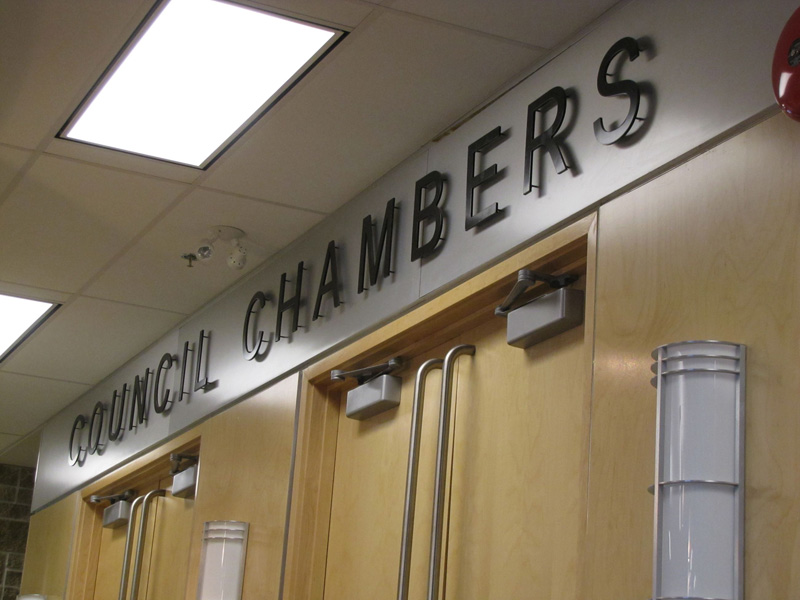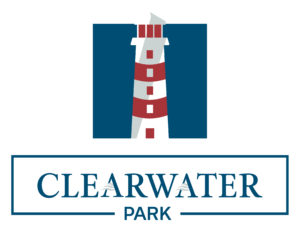City council passed the third reading of the elected officials code of conduct bylaw amendments.
In March, the Ministry of Municipal Affairs directed council to remove all of the provisions authorizing council to conduct preliminary reviews of code of conduct complaints.
Council was also directed to appoint an independent third party to handle all complaints, reviews, and investigations, and present the findings to council.
At the April 4 council meeting, council gave first and second reading of the bylaw after the city’s legislative team presented the amendments.
The legislative team explained that under the amendments council must appoint an investigator by following a competitive procurement process, ensuring the individual is not currently employed by the city, and has previous municipal governance experience.
A formal complaint must now be submitted in writing directly to the investigator, by mail, e-mail, or through the code of conduct complaint form.
If complaints are submitted to the city, the Chief Administrative Officer (CAO) will direct the complainant to submit the complaint to the investigator.
Formal complaints must meet a series of requirements including, the complainant’s full name, contact information, and the elected official allegedly breaching the code of conduct, along with a detailed description of facts, identifying any witnesses or records relating to the incident.
The investigator will begin a preliminary review of the complaint, determining whether to proceed with a formal investigation or dispose of the complaint.
During the preliminary review, the investigator can request any elected official to answer questions or provide records.
The review will consider if the complaint is within the scope of the bylaw, the context and intent of the complaint and if further action will serve the purposes of the complaint process.
Based on the findings of the preliminary review, the investigator will confirm in writing to the CAO if a formal investigation will be conducted.
If the complaint does not relate to non-compliance with the code of conduct bylaw, the investigator will advise the CAO and council that the complaint is not within the jurisdiction of the bylaw.
The investigator will not be under obligation to proceed with an investigation if it’s determined the complaint is frivolous or not made in good faith.
When the investigation is complete, the investigator will prepare a report outlining the complaint received, the findings, contraventions of the code of conduct, and any recommendations for corrective action.
Funds for the investigator will be allocated from council’s budget using contracted services or legal expenses line items. Final costs will be publicly disclosed to city council.








